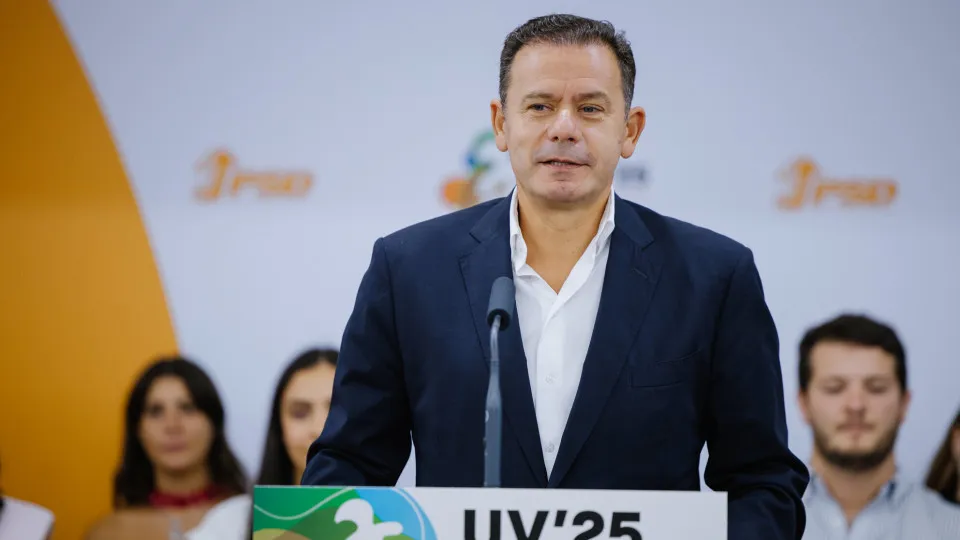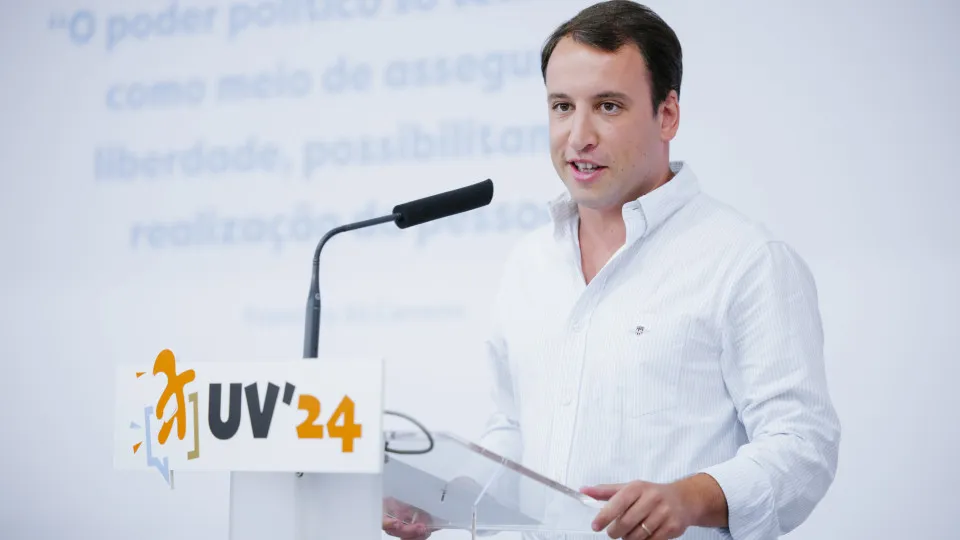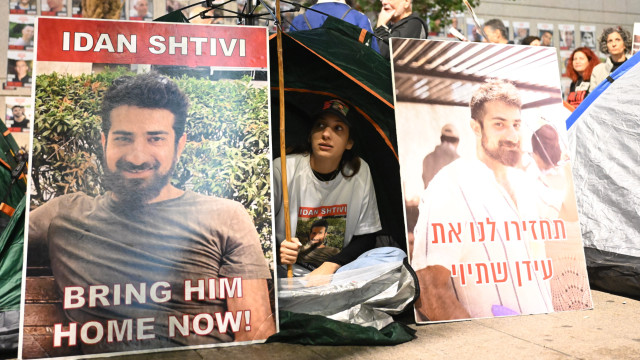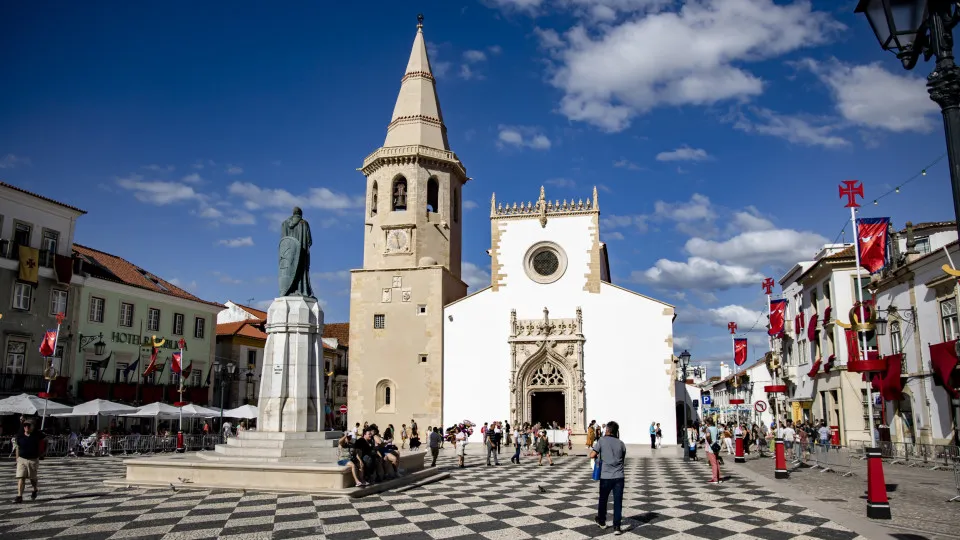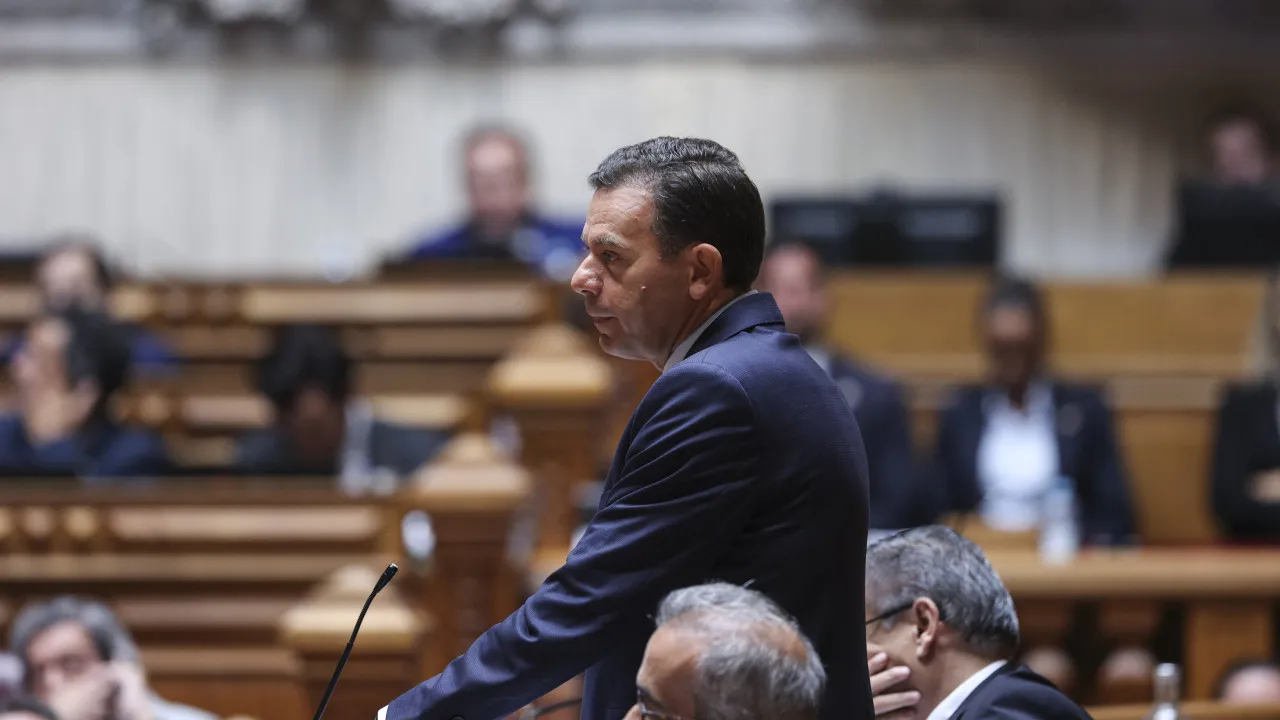
Responding to PS deputy João Torres during the preparatory debate of the European Council on October 26 and 27 in parliament, Luís Montenegro stated that Portugal will not engage in “an individualized recognition” or a “race to see who comes first”.
Emphasizing that the Portuguese government maintains “a permanent evaluation on the possibility of recognition”, which he noted should have “a useful effect”, the Prime Minister outlined a series of conditions that must be safeguarded.
“These conditions, once ensured, will open the possibility for that recognition to occur within a framework of European strategic coordination,” Montenegro commented.
According to the Portuguese executive leader, these conditions include guarantees from the Palestinian Authority for the “safe release of hostages held by Hamas” and the disarmament of the Palestinian Islamist group in power in the Gaza Strip.
The Palestinian Authority, he added, should undertake “internal reforms aiming towards presidential and legislative elections, in the medium term”, in addition to recognizing the State of Israel.
Furthermore, Palestine should be demilitarized, with its external security being managed by international protection missions.
Montenegro stated that Portugal is in contact with other European partners and “more concerned with building bridges and partnerships rather than making headlines in international news”.
During the debate in the Assembly of the Republic, the Prime Minister was questioned by several parties on Portugal’s position regarding the situation in Gaza. Montenegro recalled measures taken, such as voting in favor of Palestine’s full membership in the United Nations, prohibiting arms exports to Israel, and strengthening the Palestinian Authority.
“Insisting that the Portuguese government is inactive is not true. We have done much more than previous governments, and some of the figures from that time now demand from us what they were incapable of doing,” criticized Luís Montenegro.
The developments in the Middle East, particularly “the dire situation in Gaza”, will be discussed at the European Council meeting in Brussels on October 26 and 27. The agenda also includes the war in Ukraine, with a scheduled discussion with Ukrainian President Volodymyr Zelensky, as well as migration and European common defense.
Among other topics listed by the European Council President, former Portuguese Prime Minister António Costa, in the invitation letter to European Council members, are the Western Balkans, Moldova’s accession process, and the deepening of the single market.
“We will discuss various issues that need a collective approach to promote our common ambitions: building a more competitive, secure, and autonomous Europe for our citizens, and ensuring that the European Union can be an effective, predictable, and reliable global player,” stated António Costa in the letter.
[News updated at 14:47]

